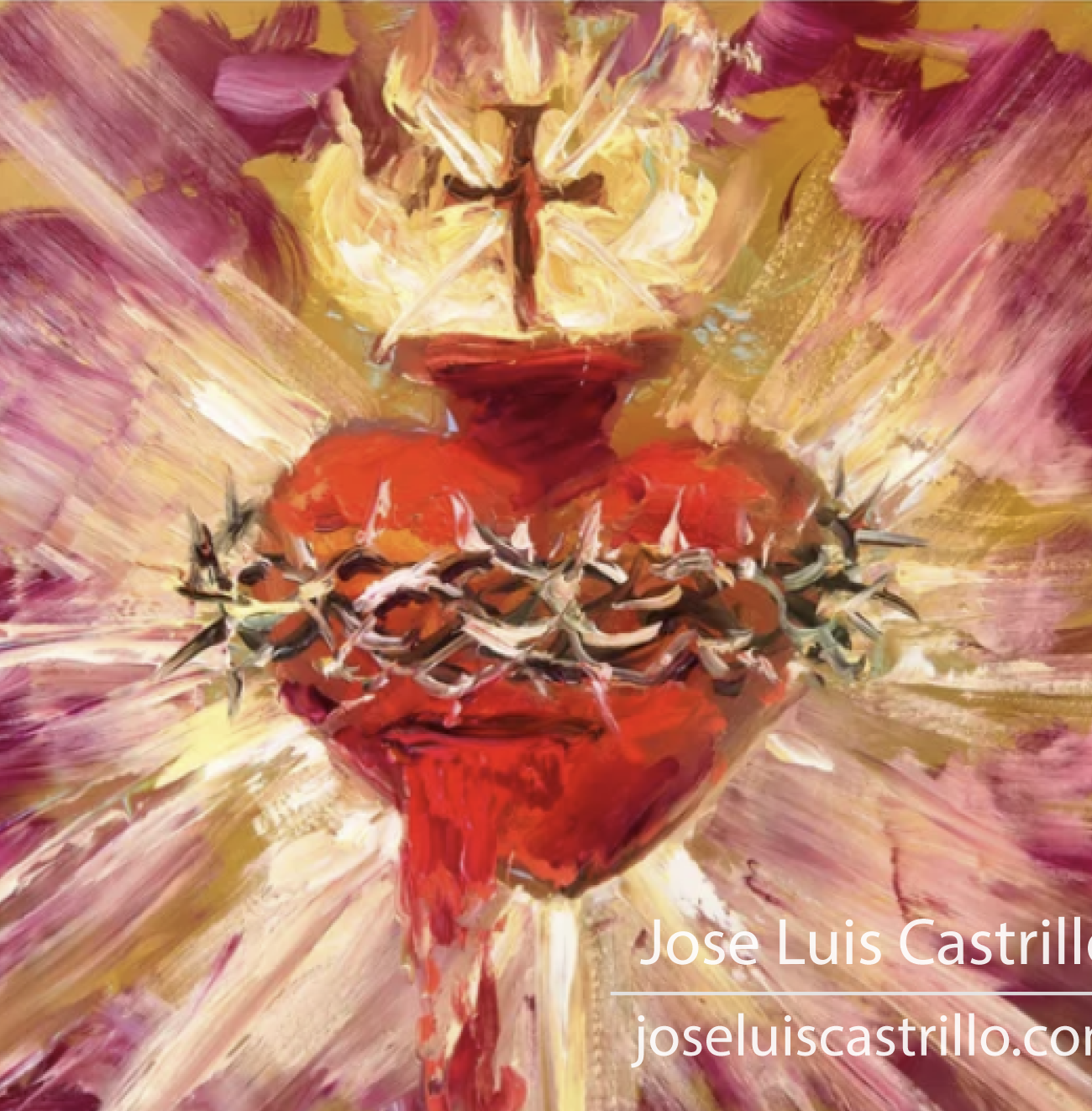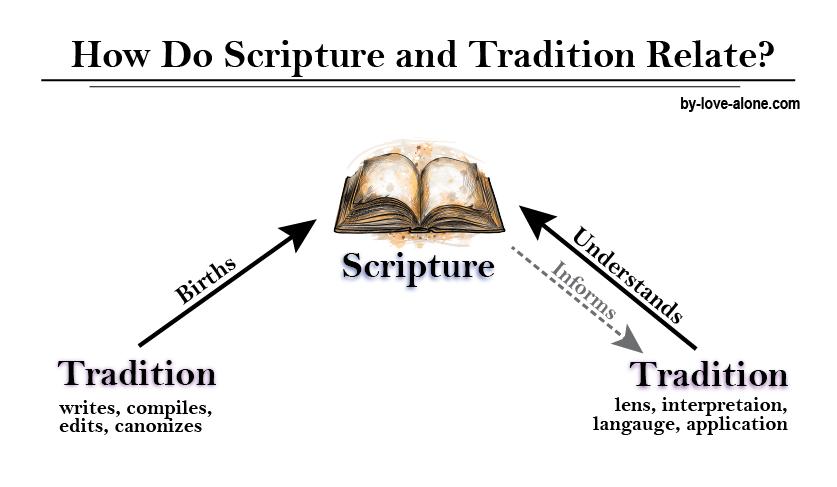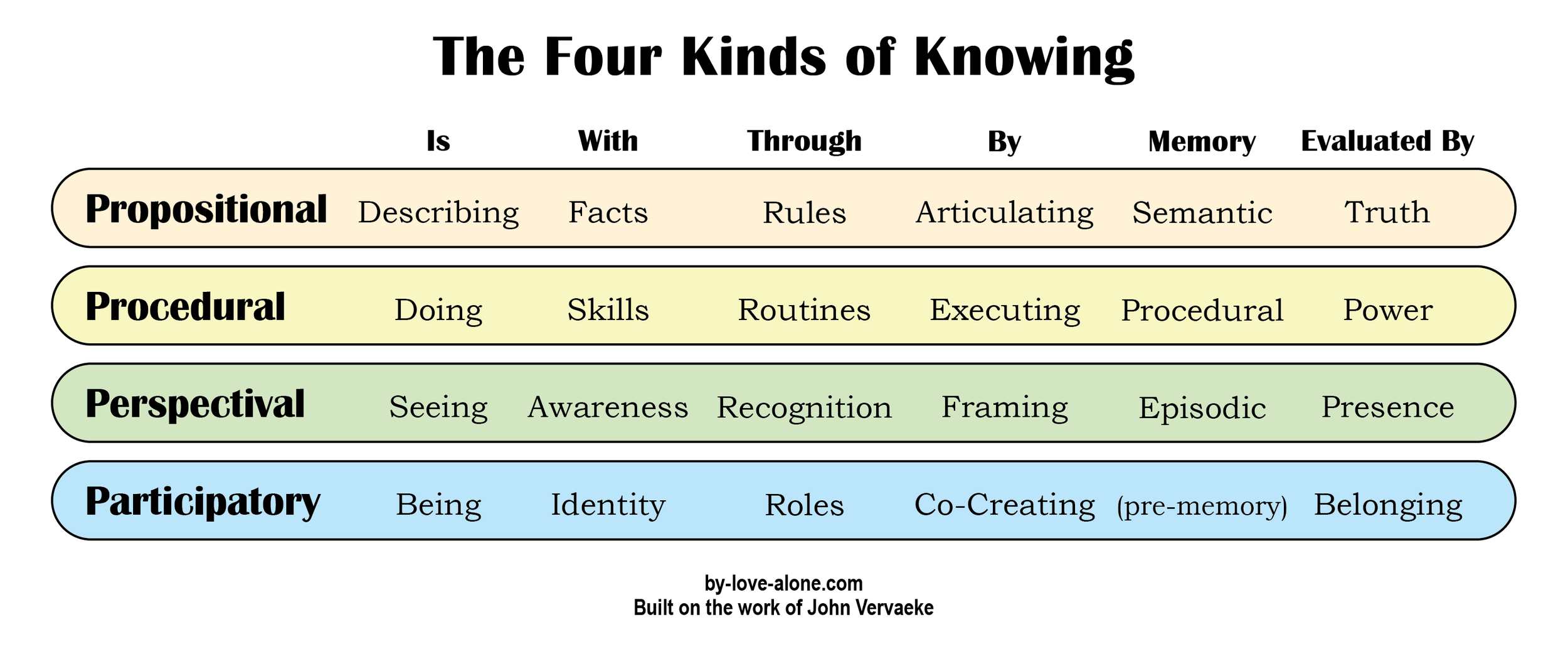
By Love Alone
Blog
Daniel Hickman
I’m now prioritizing Substack, which has better features, commenting, etc.
I’m still in the process of transferring over some of the posts. I have no plans to get rid of any current articles on this website.

The Devotion of Love
This article serves as a summary and capstone for the previous 6 articles of this series on the science of love as revealed through the Heart of Christ.
For me, the Most Sacred Heart of Jesus has become a doorway of devotion by which I enter into the light of Christ’s love.

The Light of Love
Now we arrive at the final symbol we will examine in our series on the Heart of Christ: the element of light!
We will consider how light is revelation… expansion… unified duality… and logos.

The Blood of Love
Christ’s Heart is often depicted as pierced and bleeding, re-presenting the lanced side of Christ crucified (Jn19:34), invoking the rich imagery of a love which bleeds… a love all about Life, Purity, & Freedom, Fulfilling Covenant (cut-agreement), A New Bloodline, Birthing New Life, and Self-Emptying Reality.

The Cross of Love
At its core, the symbol of the cross is an intersection of opposites — a unity of dichotomies. This is seen in its very shape, which is two, oppositely oriented, intersecting beams (the significance of which will be discussed more later). And this is a fitting symbol for Christ, who is the first and the last (Rev 21:6), the highest and the lowest (Eph4:10), the greatest and the least. (Mt23:11)

The Crown of Love
In this 3rd installment of our series on the Heart of Christ, we will reflect upon the symbolism of the crown of thorns, which shows us that the royal love of heaven is a humble love, friend of suffering, and powerful, in an uncontrolling way.

The Fire of Love
In this second article exploring the science of love, we will consider the flames which erupt from the Heart of Christ, and see how it is that Love is Fire. (אֵשׁ: esh)
For Love is Survival, Fear, Union, Purification, and Passion.

The Heart of Love
This is the first post of a series of reflections on the science of love, revealed through the Heart of Jesus.
When it comes to our spiritual growth, symbols are not superfluous, but always play an indispensable role — for symbols are intermediaries between the highest truths and our personal experiences.

The 8 Stages of Faith: Fowler, Spiral, and Vervaeke
As people grow and develop, how does their faith develop with them?
Faith is the pattern of one’s relatedness to and concern for what is real and ultimate. And each of these 8 stages are patterns and dimensions to faith — and thus, we all have access to an 8-dimentional faith-space.

Lenses of Moral Reasoning: A Spiral Dynamics Approach
Why should one thing should be done (or seen as moral/good) over another?
Through the Spiral Dynamics framework, we discover a psycho-social progression of how morality is understood — through 8 different lenses: Self-Preservation, Familiar-Convention, Desire-Happiness, Absolute-Law, Nuanced-Context, Subjective-Relation, Yes-And, and Lived-Participation.

The Spiral Dynamics of Human Needs
Humans are complex creatures with many layers of needs, and these needs can be understood through the Spiral!
Each section has questions to help us consider which of our needs are being met?

Sola Scriptura, Tradition, and Knitting
What is the right way to live? Who or what do I trust to tell me how?
In the Christian tradition, many sources have been "listened to," including scripture, tradition, reason, and experience.
In this article I propose that Tradition both births and interprets Scripture, and present a knitting analogy for how the 4 Wesleyan sources of authority relate.

Spiral Dynamics: A Framework for Everything
Spiral Dynamics is a development model which provides a language for understanding human (individual) and societal (collective) development, across many domains such as education, conflict resolution, political systems, value-systems, human needs, and much more!

Faith or Belief?
“Belief” lives in the top-level of knowing (propositional knowing), by which one can assent to propositions and creeds.
"Faith" lives in the deepest level of knowing (participatory knowing) — our knowing of who we are (our identity) and our participation with God and others. It is a quality of our character and or our relationships, both of which reciprocally define who we are.

Reflections on Dialectical Thinking
“Dialectical thinking” is a way of thinking in which 2 opposing perspectives/ideas are in “dialogue” with each other and truth emerges from the interaction between the two. It’s a paradoxical way of thinking, with sees truth in both extremes. Rather than striving for an “either/or,” it generously accepts a “both/and.”
…Dialectical thinking requires the ability to accept and trust the mystery… all the cosmos is made out of diversity in unity — out of the paradox of Love which makes life, and emergence, possible!

What are the 4 Kinds of Knowing?
I'm writing to introduce a framework for understanding knowledge which I have found quite illuminating.
The “4 kinds of knowing” is developed by cognitive scientist John Vervaeke through extensive analysis and research. It groups "knowing" into 4 categories which are distinct, yet connected. These 4 kinds of knowing are: Propositional knowing (facts), Procedural knowing (skills), Perspectival knowing (awareness), and Participatory knowing (identity). Let's consider each one…

What is Non-Attachment?
Non-attachment is neither clinging… nor rejecting… but holding loosely with love.
When we desire something, we are prone to becoming too attached, meaning that we grasp for it, cling to it, try to control it, and make our happiness dependent upon it. This is the essence of attachment. It is an unhealthy dependency and neediness.

Spirituality x Religion
What is the difference between spirituality and religion?
Are they basically the same?
Is one better than the other?
Is one or both obsolete? Indispensable?
In this blog post, I will examine these terms in an effort to better understand what spirituality and religion are, their pitfalls, and their essentiality.

Beginning a Blog
Hello! Daniel here. I’m starting a blog!! ✨
💡What’s it about? This blog (and website) is called “By Love Alone,” a name I will surely discuss more later. I chose this name because love is really what this is all about! I want to write about love, in loving ways, participating in the spread of love, for the sake of love!